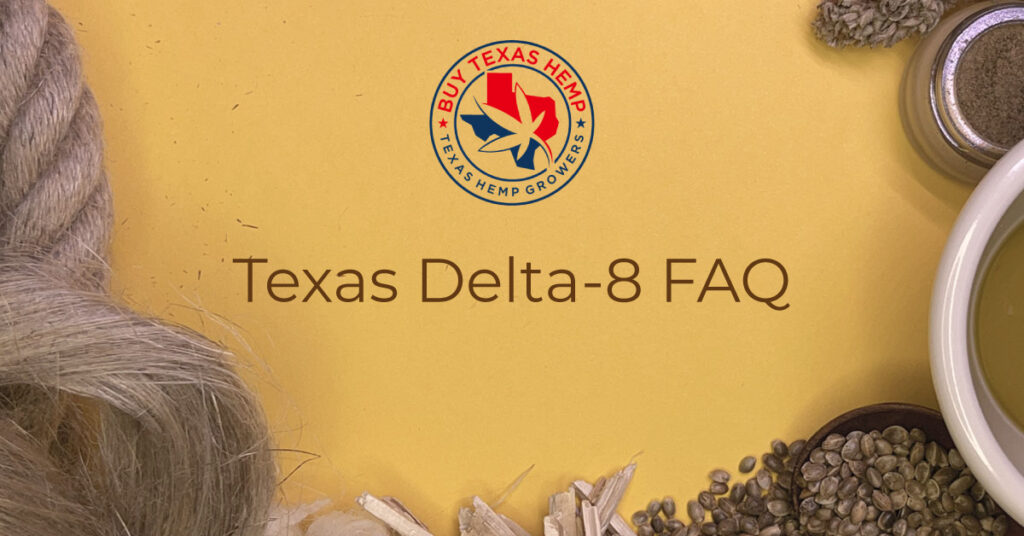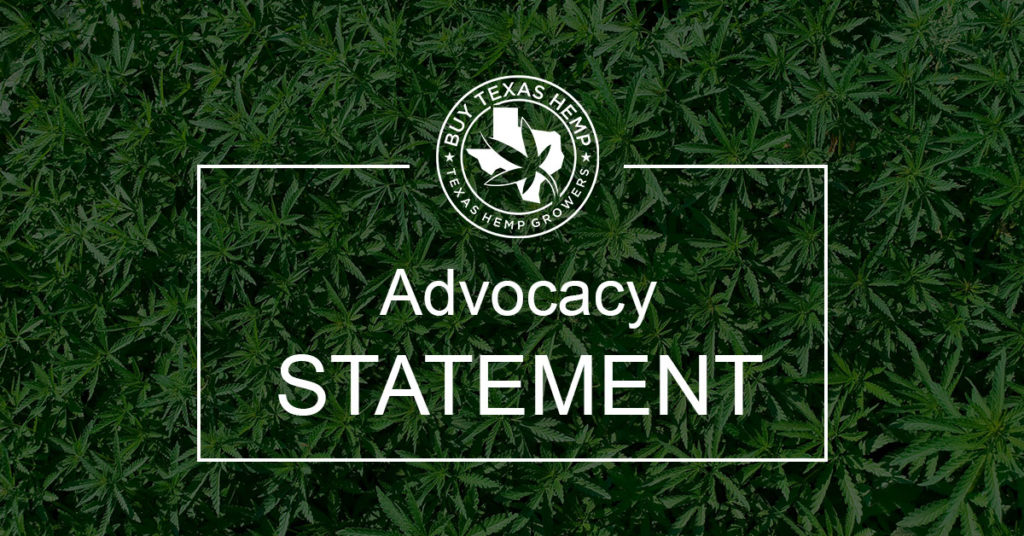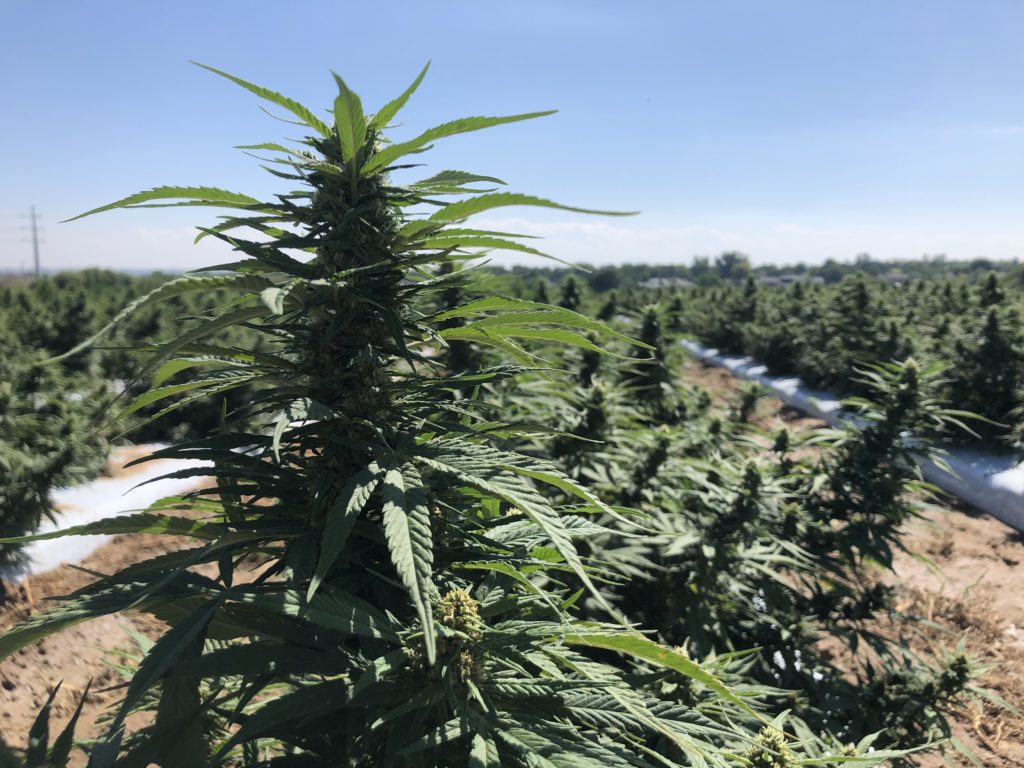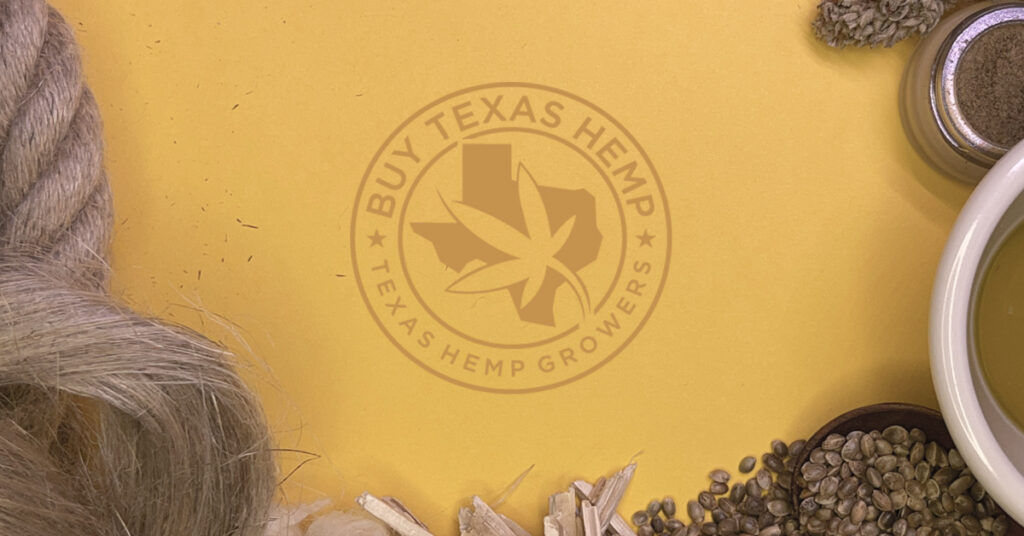Texas’ delta-8 ban goes back to court on Sep. 5
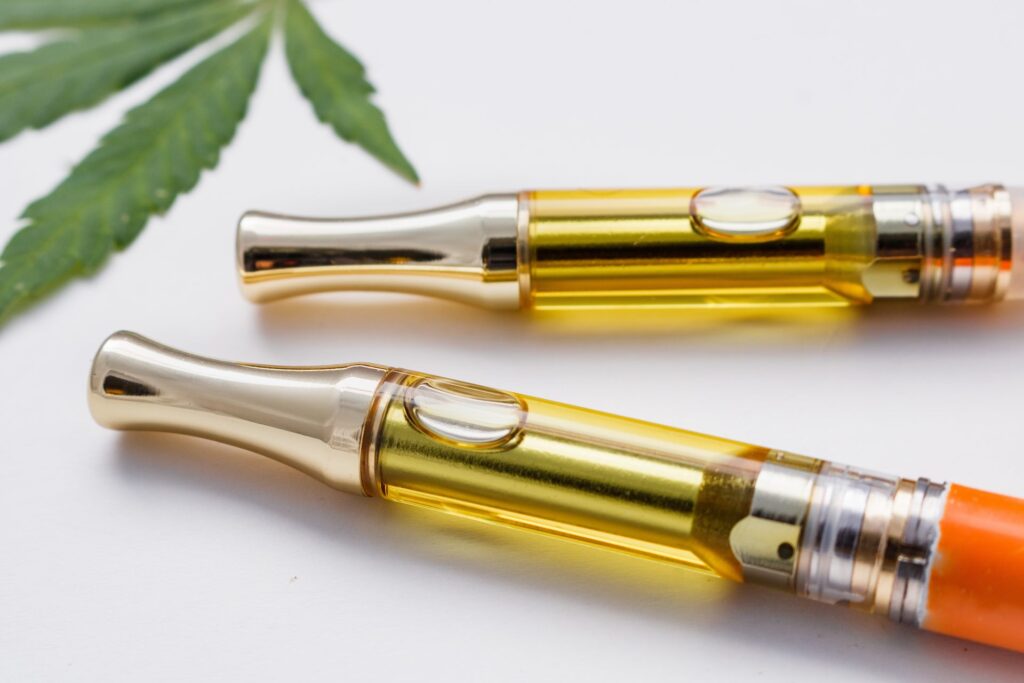
Delta-8 THC and similar synthetic THC isomers will be on the chopping block again on September 5, when the case concerning Texas Department of State Health Services’ (DSHS) ban on THC isomers is heard in the Texas Court of Appeals.
For well over a year, Texas hemp retailers have been allowed to transact delta-8 and similar isomer products because of the protection provided by an injunction issued by an Austin-based District Court judge.
The case has taken so long to reach the appeals court, presumably because of the backlog in cases created by closing down the country due to the Coronavirus.
In a video posted on YouTube, Lukas Gilkey, president of Hometown Hero CBD and the lead plaintiff in the lawsuit, said a judicial hearing will happen on Sep. 5. At this hearing, both sides will be given 20 minutes to present their arguments in the case. No new facts may be presented, he added.
He further explained that they are seeking $50,000 and industry support in filing amicus briefs. It’s not clear if those briefs were received.
Texas Hemp Growers has maintained from the beginning that the plaintiffs’ arguments are not strong enough to prevail against higher judicial scrutiny. While an injunction was received early in a district court, the Appeals and Supreme Court have much higher standards of scrutiny.
Plaintiffs will have a steep hill to climb in convincing a conservative appeals court that DSHS did not follow the open meetings laws when it banned Delta-8. We have explained in detail the timeline of letters, postings, and even a public meeting that happened before the ban took effect. Plaintiffs must somehow convince the Appeals Court, and possibly the State Supreme Court, that the process DSHS followed is invalid.
In previous hearings, plaintiffs seemed to drift toward the argument that, because the final posting of the updated Controlled Substances List was a scanned document and not searchable to a text engine, it was impossible for anyone to find it. It’s an interesting argument, for sure. But, to my knowledge, there are no open meetings laws that specifically dictate that everything published in the Texas Register has to be searchable text. In addition to that, the Controlled Substances List is updated and posted annually. I think a higher court could point this fact out and ask why the plaintiffs didn’t simply plan to check the updated list when it was published. The fact that it was published in the Texas Register, whether as image or text, should be enough to satisfy open meetings requirements. I believe higher courts will take the same position.
Everything on our radar points to delta-8 and synthetic isomers being a dead-end road. The signs are there, and most industry professionals have taken notice and turned to other product lines. It’s possible that in the days following the next hearing, delta-8 will become illegal. There will be no grace period or grandfathering when that happens. It becomes instantly illegal, and all stock you have on-hand would be illegal to sell or even possess in Texas.
From the beginning of this lawsuit, we have advised our members to move away from synthetic THCs. Even if the lawsuit prevails, DSHS still has the authority to redo the delta-8 ban. The Drug Enforcement Agency is also reportedly preparing to ban delta-8 and THC isomers on the federal controlled substances list sometime this fall. And the 2023 Farm Bill, which is being considered by Congress, could also potentially close the loophole that has allowed THC isomers to proliferate. We are at that point where things can rapidly change for any business that has remained in the delta-8 market.
We’re keeping a close eye on the results of the Sep. 5 hearing and will post an update as soon as a decision is received.

